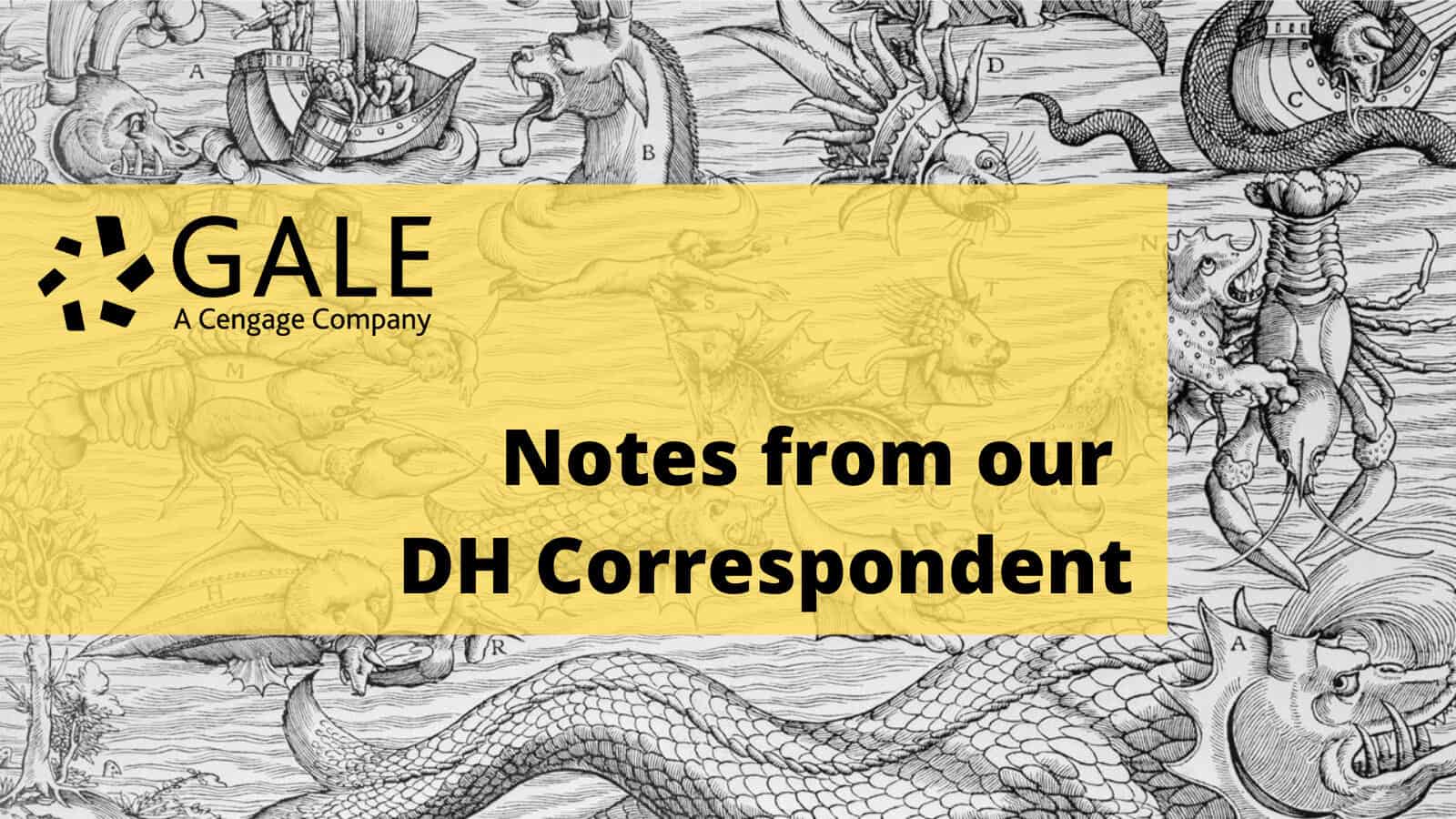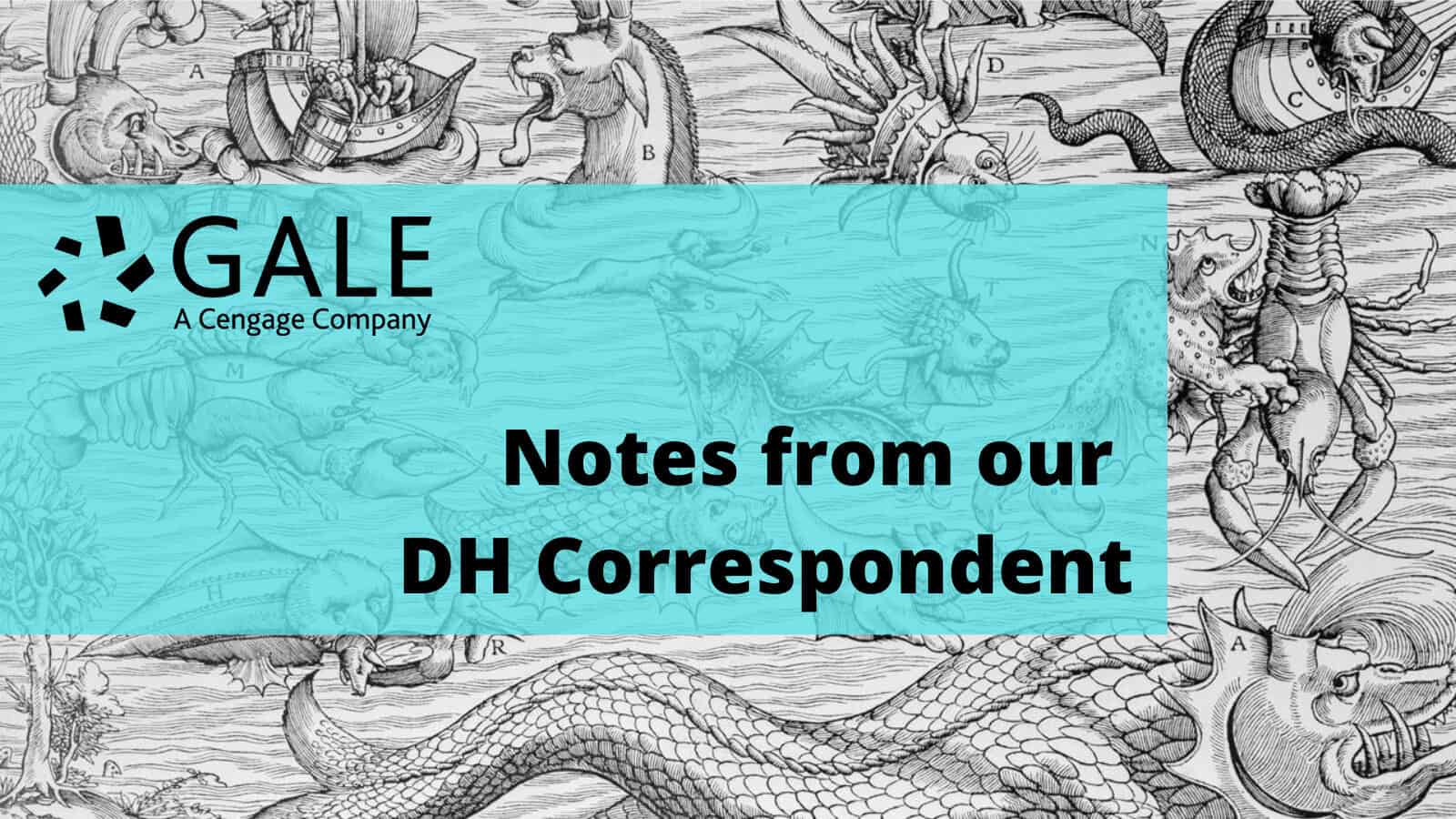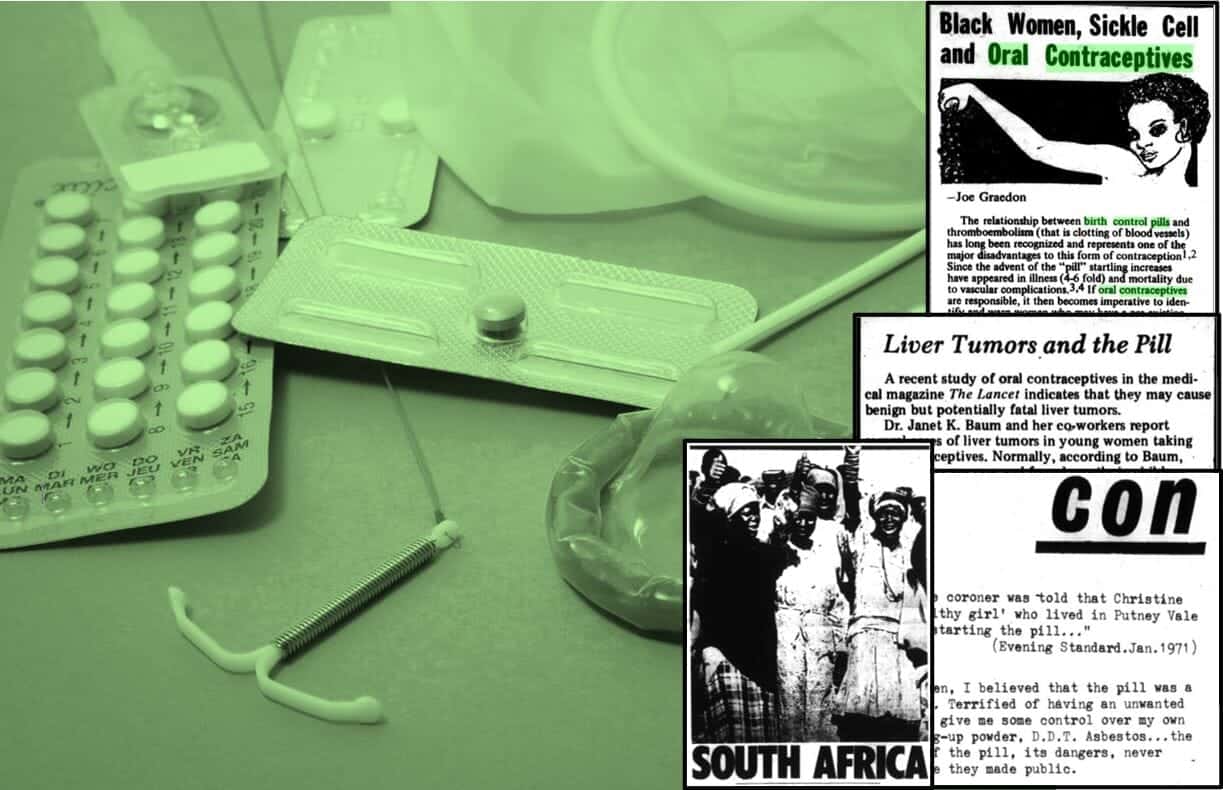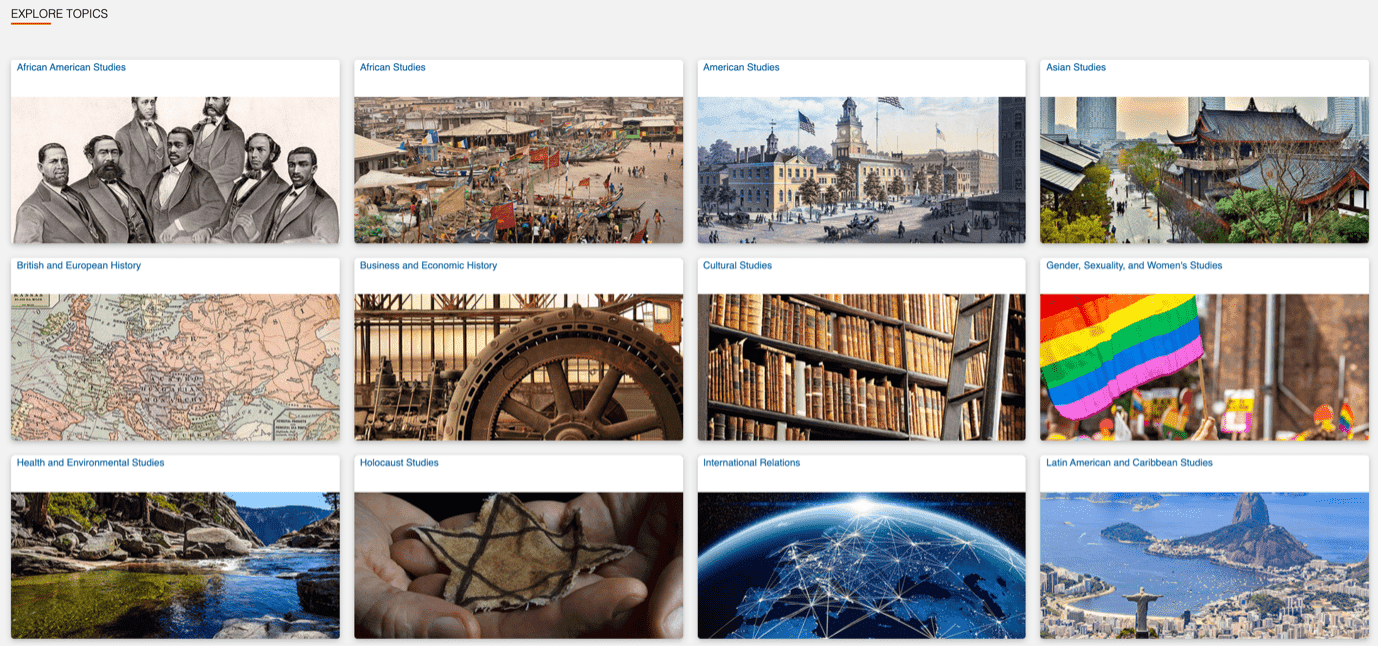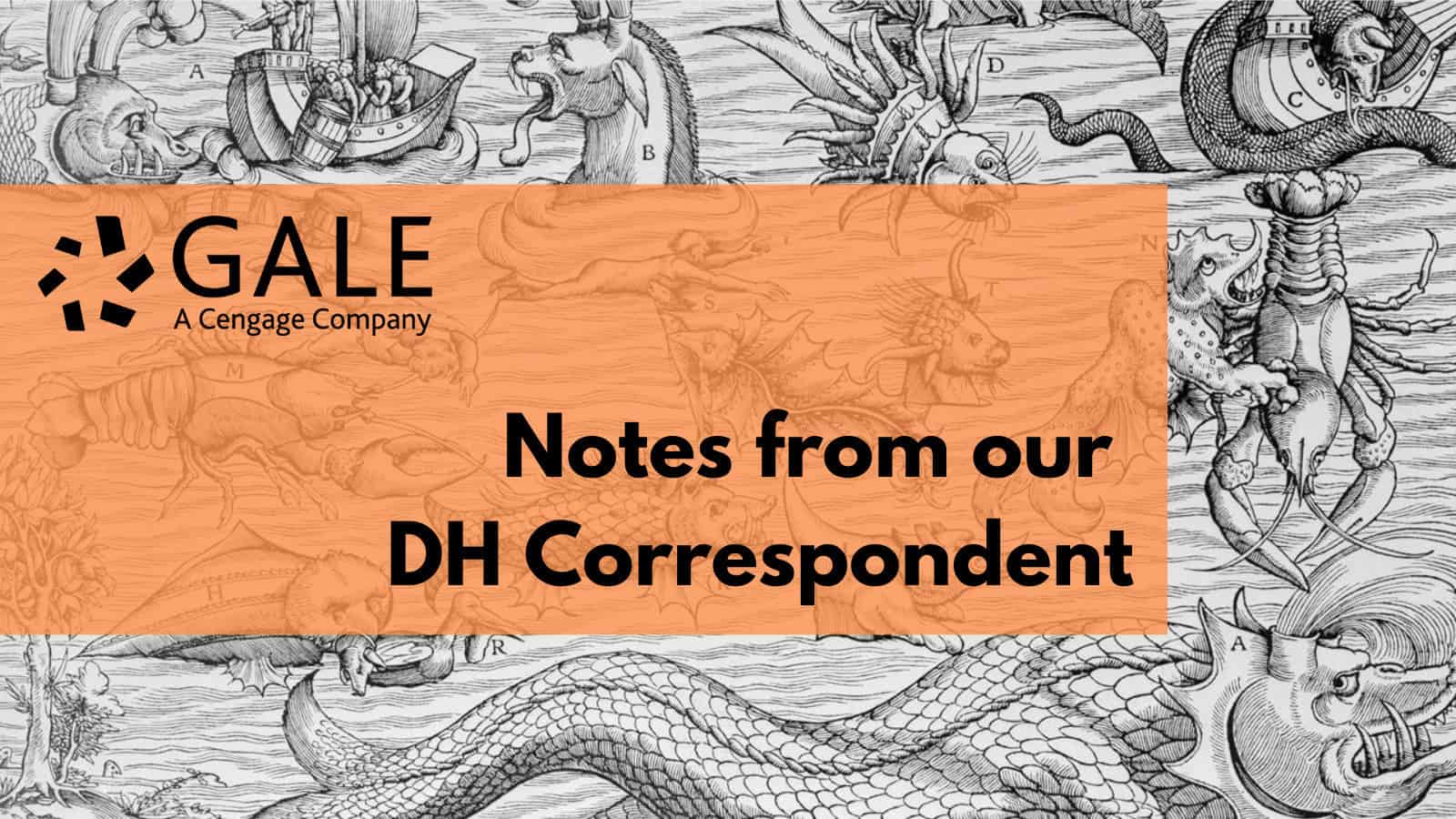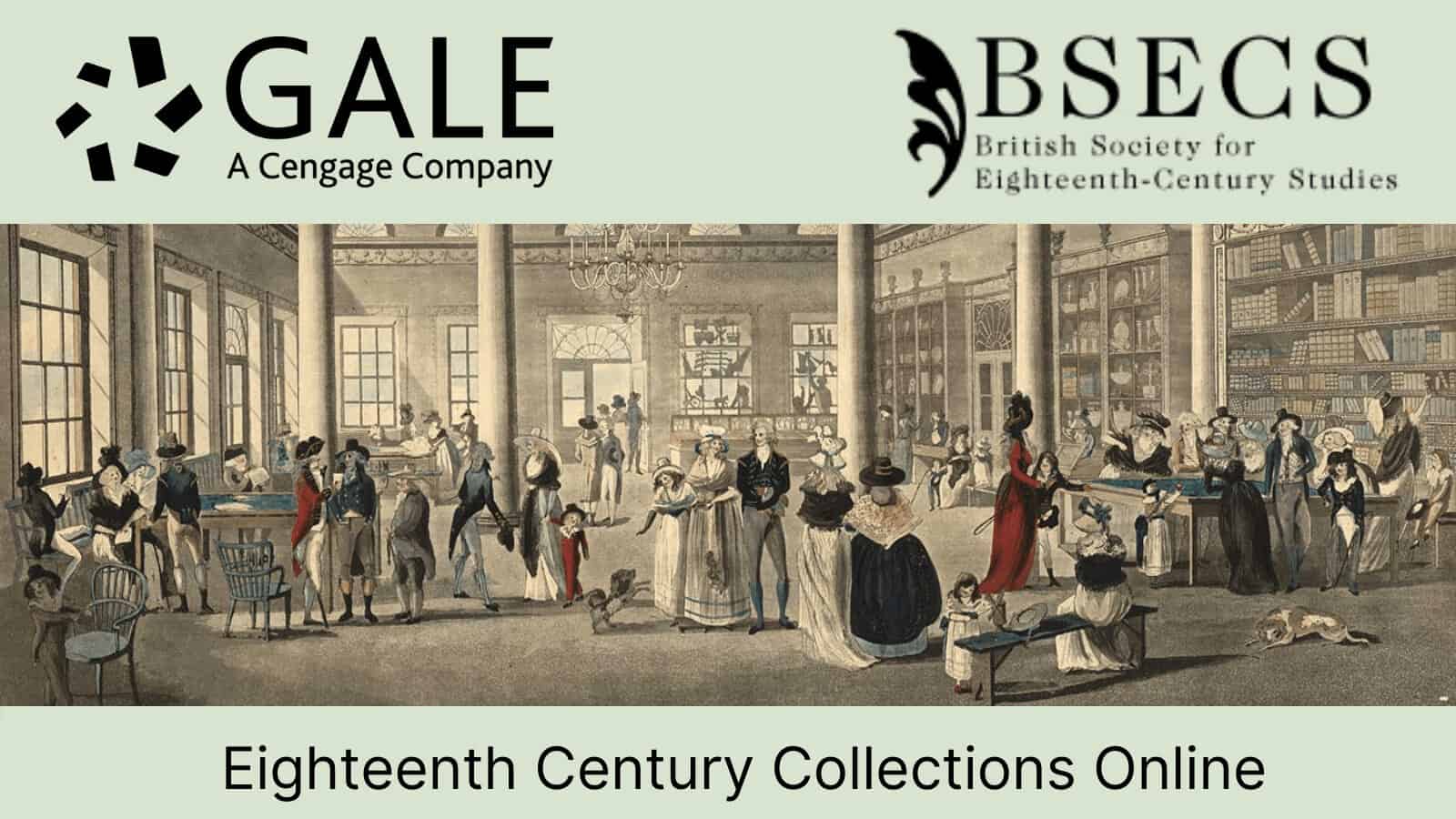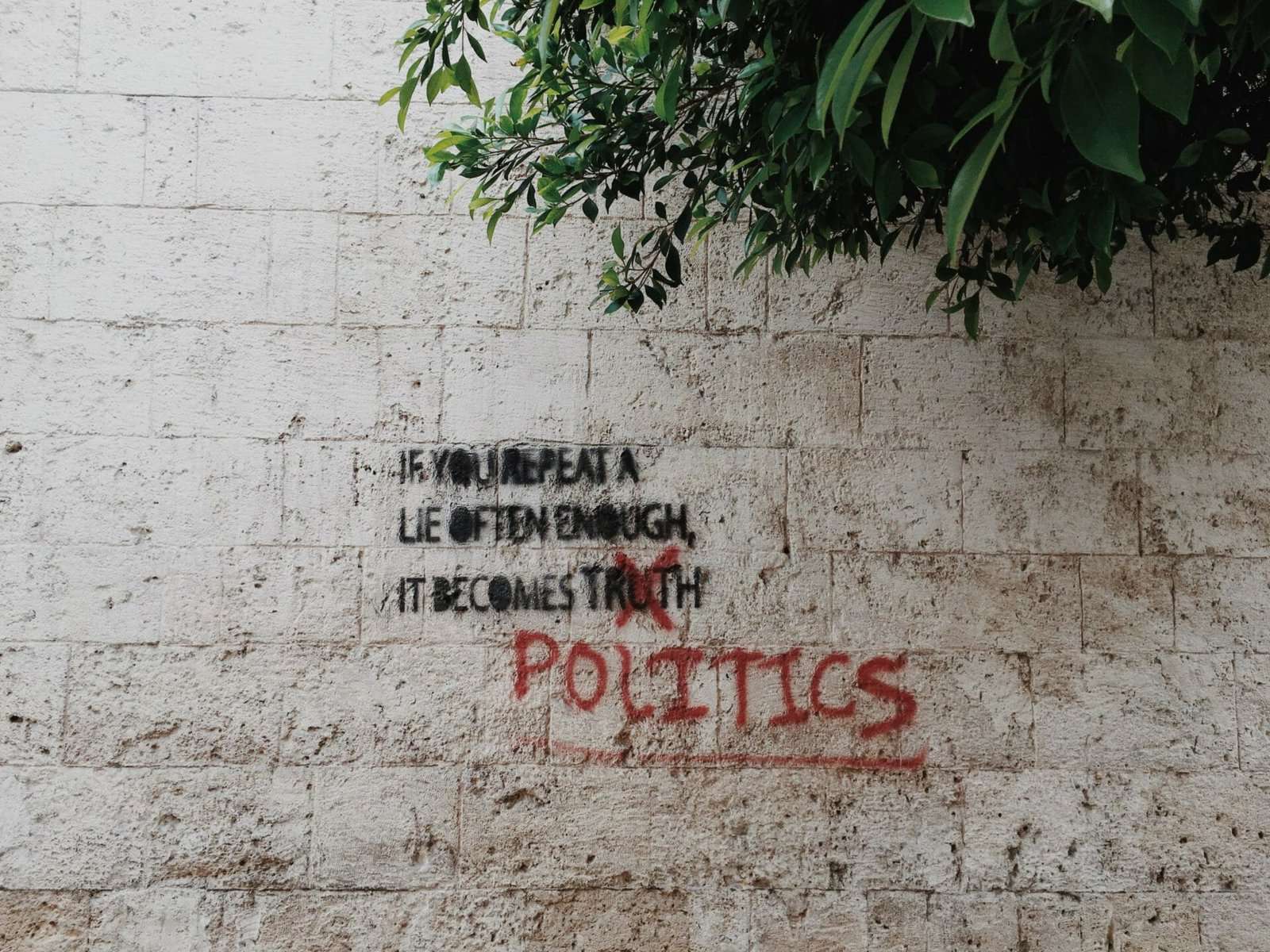│By Sarah L. Ketchley, Senior Digital Humanities Specialist, Gale│
One of the most significant shifts that has been taking place in humanities research in recent years is the movement towards team-based projects and public scholarship, in contrast to more traditional models of individual scholarship that favour print publication. The teams that form to engage in digital scholarship are often interdisciplinary, reflecting the diverse skillsets needed to create and publish digital research. A digital scholarship team may comprise disciplinary scholars, computer programmers, data scientists, specialists in informatics and design, and could be made up of faculty, staff, students, and consultants. Similarly, the digital humanities classroom offers students the opportunity to learn the skills required to successfully participate in team-based projects. This blog post suggests ways to incorporate project-based activities in the class using Gale Digital Scholar Lab.

